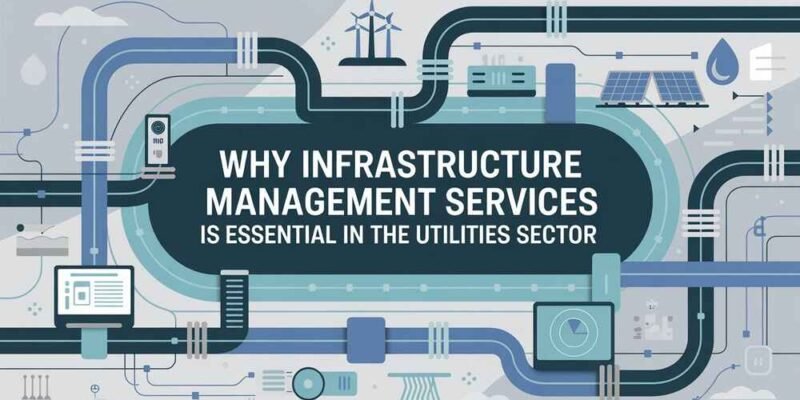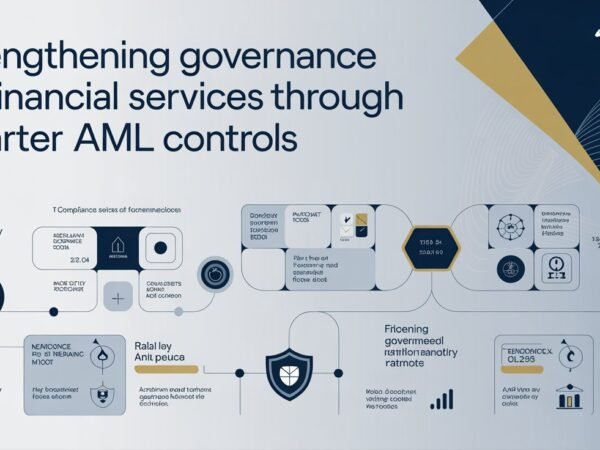In today’s rapidly evolving energy and utilities landscape, infrastructure management services are playing a pivotal role in ensuring continuity, compliance, and customer satisfaction. Whether it’s water, gas, electricity, or telecoms, utilities require highly coordinated systems to deliver essential services effectively. As the demand for resilient and future-ready infrastructure grows, so does the need for expert management that keeps everything running smoothly and sustainably.
The Complexity of Utilities Infrastructure
The utility sector is built upon complex, large-scale physical assets — from underground pipelines and substations to water treatment facilities and telecom masts. These assets are often geographically dispersed, aging, and under increasing pressure from environmental regulations and public expectations.
Managing such assets efficiently requires more than basic maintenance. It involves strategic planning, lifecycle monitoring, regulatory compliance, emergency readiness, and investment forecasting. That’s where infrastructure management services come in — offering a structured, proactive approach to maintaining, upgrading, and maximizing the performance of essential assets.
Ensuring Compliance and Reducing Risk
One of the key reasons infrastructure management is so critical in the utilities sector is due to the strict regulatory environment in which it operates. From health and safety legislation to environmental standards and public service obligations, utility providers are under constant scrutiny.
Professional infrastructure management services help operators stay compliant by implementing robust processes for inspections, record-keeping, and reporting, ensuring adherence to regulations and standards. They also ensure that necessary certifications are maintained and that remedial actions are taken promptly when issues arise. This mitigates the risk of penalties, service disruptions, and reputational damage.
Moreover, these services are integral to risk reduction. Whether it’s assessing flood risk for power installations or ensuring gas pipelines are structurally sound, infrastructure managers play a key role in anticipating problems before they escalate into emergencies.
Supporting Long-Term Planning and Investment
Utilities are long-term investments, with infrastructure lifespans often measured in decades. However, aging infrastructure presents a growing challenge across the UK. Without regular audits and long-term asset management strategies, critical systems may degrade unnoticed, leading to costly failures or outages.
Infrastructure management services provide the data and insight needed to make informed decisions about repairs, upgrades, or replacements. By combining engineering assessments, GIS mapping, and predictive analytics, these services enable providers to plan budgets effectively, prioritize projects, and unlock funding opportunities through evidence-based proposals.
This long-range planning is particularly valuable in the context of decarbonization and net-zero targets. Infrastructure management professionals can help assess current systems, identify opportunities for integrating green technology, and support the transition to more sustainable models of service delivery.
Enhancing Operational Efficiency
Efficient operations are at the core of successful utility delivery. Downtime, inefficiencies, or delays can disrupt communities, businesses, and critical services. Infrastructure management services ensure operational continuity by streamlining maintenance workflows, coordinating with contractors, and maintaining up-to-date records of assets.
With modern digital tools such as asset management software and real-time monitoring systems, providers can track performance and respond swiftly to emerging issues. This prevents minor defects from escalating and enables a more effective allocation of resources.
Additionally, coordinated infrastructure management reduces duplication and improves communication across departments — from engineering and compliance to finance and public affairs.
Facilitating Innovation and Modernisation
The UK utility sector is undergoing a wave of transformation driven by new technologies, including smart meters, decentralized energy, and data analytics. To integrate these advancements successfully, infrastructure must be flexible and future-ready.
Infrastructure management services support innovation by identifying assets that are compatible with new technologies or need adaptation. Whether it’s preparing substations for battery storage or upgrading water systems with IoT sensors, managed infrastructure lays the groundwork for smarter, more responsive utilities.
Furthermore, as the grid becomes more interconnected and customer expectations shift toward reliability and sustainability, having a robust management system in place allows utilities to evolve without compromising service quality.
Final Thoughts
Infrastructure management services are no longer a back-office function — they are central to the performance, reputation, and future growth of utility providers. In a sector where safety, reliability, and compliance are non-negotiable, professional oversight of assets and infrastructure is indispensable.
For utility companies navigating rising demand, regulatory complexity, and technological disruption, investing in expert infrastructure management is not just prudent — it’s essential for long-term resilience and public trust.
Do Read: Top Features Every Estate Agent Should Look for in a CRM













